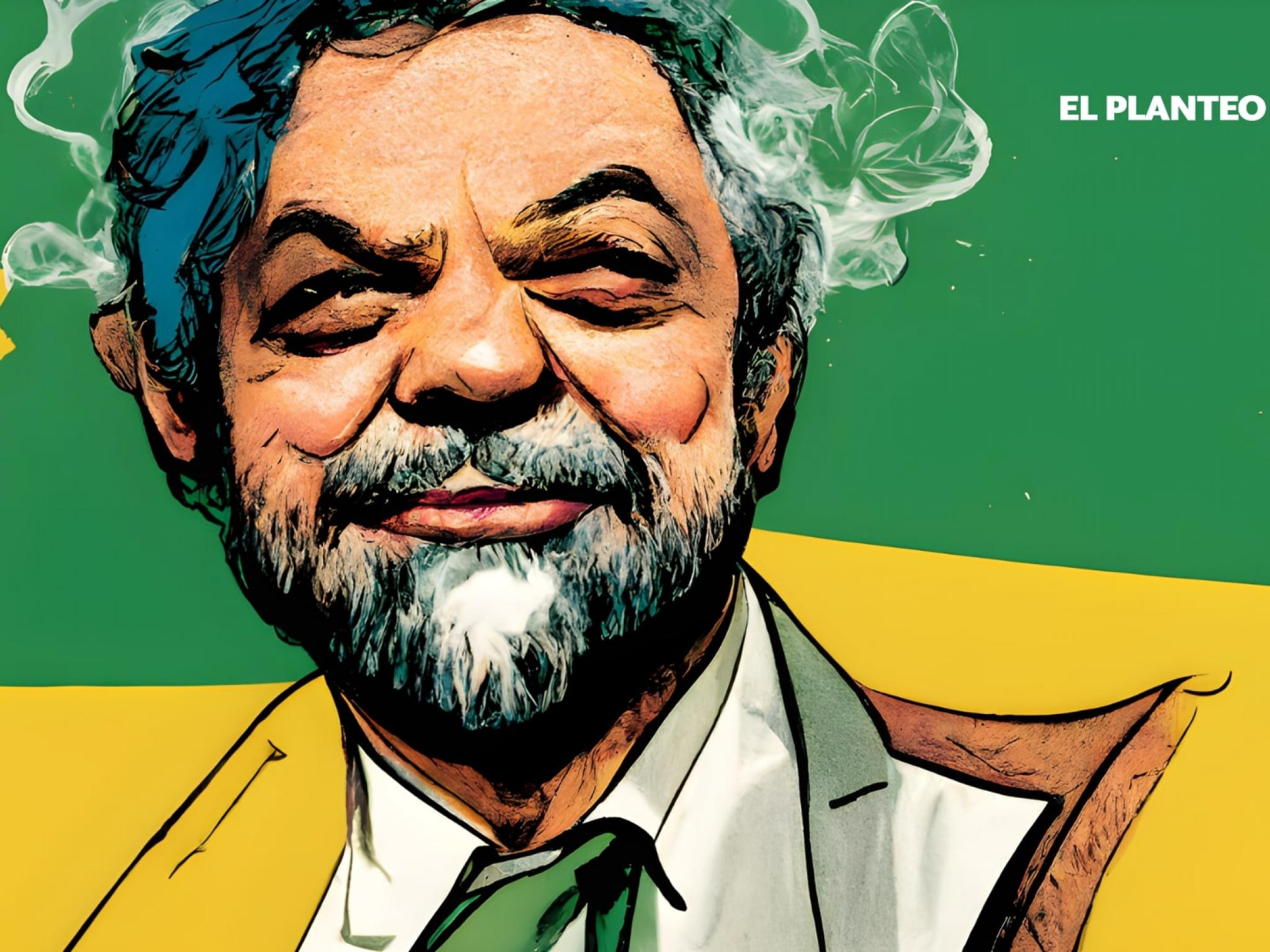
By Marian Venini via El Planteo
On Sunday, Brazil witnessed the most polarized elections in its history, which ultimately led to the victory of the former two-time president, left-wing Luiz Inácio Lula da Silva over far-right candidate Jair Bolsonaro. Lula governed Brazil for two consecutive terms between 2003 and 2010.
Lula won his runoff victory by a razor-thin margin, and his government is probably not going to be an easy one, with a society so divided and opinions so fundamentally opposed on the political spectrum.
Regarding drugs, Lula will inherit the policies of his predecessor Bolsonaro, with an undeniable prohibitionist tint and with heavy-handed policies, whose lack of effectiveness has already been demonstrated. In theory, the policies of the current right-wing government are opposed to the ideas and projects of the next president.
So: what can we expect from the new government of Luiz Inácio Lula da Silva in terms of drug policies?
Lula da Silva's drug policies
On June 21, these policies were revealed in a document entitled Guidelines for the Reconstruction and Transformation Program of Brazil 2023-2026, published by the Workers' Party (PT). "The country needs a new drug policy, intersectoral and focused on harm reduction, prevention, treatment and user care," the letter states.
In addition, it proposes the "replacement of the current war model of combating trafficking by strategies of confrontation and dismantling of criminal organizations, based on knowledge and information." The improvement of the technical qualification of police officers is also contemplated.
However, it must be remembered that Lula himself sanctioned Brazil's current drug law in 2006, the consequences of which still have a negative impact on Brazilian society. Likewise, the term of his vice president Geraldo Alckmin (PSDB) as governor of São Paulo was marked by cases of brutality and an increase in police lethality.
“Bolsonaro had already said that he would veto bill 399, which establishes rules for the cultivation of cannabis for medicinal and industrial purposes. Therefore, the project was stopped. With Lula, the process will surely advance in the Chamber of Deputies. The biggest challenge, however, will be approving it in the Senate, where the conservative caucus has increased its representation after the elections,” explains Tarso Araujo, director of the industry association BRCann, in dialogue with El Planteo.
Lula won, but… Did cannabis win?
Lula does not seem to have a very concrete plan regarding cannabis specifically. At one point in time, he assured that his government's plan will be "prepared with society and allies and delivered on the date set by the Superior Electoral Court."
It remains to be seen if said plan will respond to the claims of the cannabis community; but if we go by his broader drug policy plan, it's safe to assume it will be more humane than his predecessor's.
“The greatest expectation is that the therapeutic use of cannabis can advance within the existing government structure, with incentives in the area of research and access policies by the public health system. This government could be the one that finally turns the cannabis business into an opportunity for Brazil,” concludes Araujo.
In this regard, it is worth highlighting another issue in which progress can be expected: the conservation of the Amazon. This was at serious risk under Bolsonaro's devastating extractivist policies, and the consequences thereof harm not only Brazil, but the entire world. Lula, in contrast, has manifested a radically different position and has promised to take environmental protection measures.
Image via ElPlanteo.com







